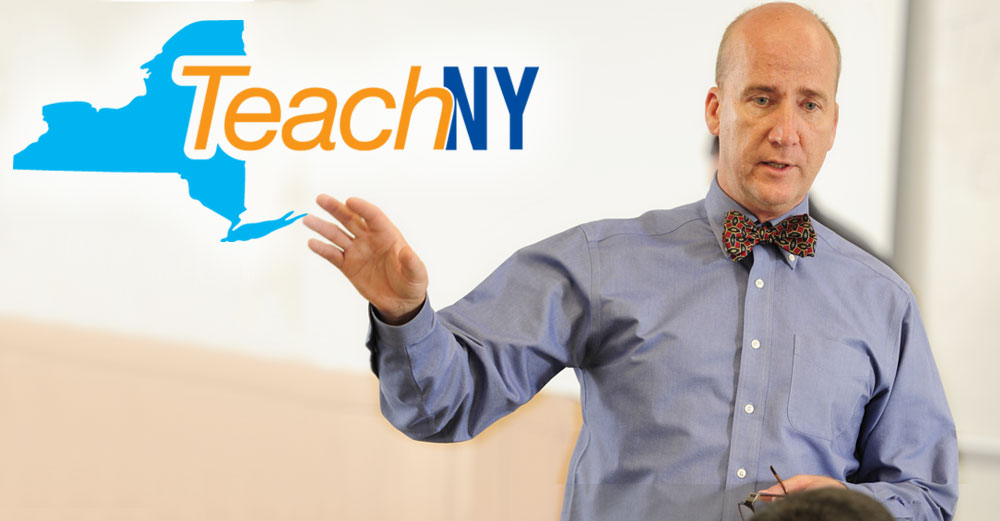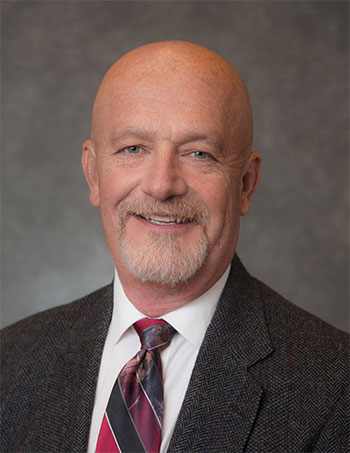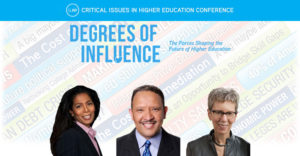
I remember driving to my first day of teaching as the top song of the week—Glenn Campbell’s “Rhinestone Cowboy” – played on the radio. Like every one of my first-year colleagues, at some point I complained, “My teacher ed program didn’t prepare me for this.” The expectations on me were to do what a teacher did. When my principal observed me, he watched to see if I had an advance organizer, spoke clearly, and projected to the back of the room. Was there guided practice leading to independent practice and clear closure to the lesson? I did all of those things and was always rated satisfactory.
But the expectations on me were about as far from today’s role of a teacher as Glenn Campbell is from Lady Gaga. I see the three major shifts in those expectations as: 1) the focus on student learning rather than teacher actions; 2) external student and teacher evaluations; and 3) the role of information management and communication technologies. There are other specific changes which fit under these broad headings: for example, expectations about working with families fit some way into all three.
When I was a classroom teacher in Pennsylvania, we did not have any statewide tests. While I was trusted to set expectations for my students, standards today come from state or national sources. Not only is student achievement measured against external norms with standardized tests, teacher accountability has become more formal and systematized. When my school got a personal computer, I was sent to a local college to learn to program it. Instead of three clicks to a YouTube video, I requested a film from the central distributor and waited 7-10 days for it to arrive.

Beyond changed teacher expectations, the environment for teaching has changed in my 40+ years in education with regard to trust and respect. When I began, I was trusted to set the standards for learning and to meet my classroom obligations. Unless I proved myself to be incompetent, administrators and parents assumed I was competent. Trust was the default assumption and some level of respect came with it. As a beginning teacher, I built from this initial position to higher levels of trust and respect. Now beginning teachers must overcome public perception evolved over the last 15-20 years that our schools (and society?) are hamstrung by ineffectual teachers. Now teachers must show they are not incompetent.
Teacher education must evolve with schools and their societal role, and TeachNY can make that possible. Because TeachNY is a major effort to renew the knowledge and skill set of teacher candidates and to put them in clinical learning contexts to practice the problem-solving disposition they need on day one. It will also address the policy and social climate to attract high-quality, diverse candidates into the profession. Finally, it is working to improve the intersection between committed school personnel and external stakeholders.
I am proud to contribute to TeachNY. We must use every bit of what we have learned in the past four decades about recruiting, educating, and retaining qualified teachers.
Years after leaving classroom teaching, at a conference I met the person who replaced me. He told me how it was tough to follow a “legend.” I only relate that as context for this—every year I work with dozens of pre-service teachers who will each be better at teaching than I was. Although college didn’t tell me what to do when 8th-grader Marion cussed me out, they gave me what I needed to make myself into a respected professional. We, likewise, try to give candidates what they need to start in a new, more challenging teaching environment.
When I get to go to a school to watch a future SUNY Geneseo teacher inspire learning, I wish I were 22 and starting out again. Often now the cooperating teacher is a former student and I’m always impressed with their classroom success. I want TeachNY to revitalize the teaching field to which I have given my professional life, just as I hope Lady Gaga sings my favorite songs at the Super Bowl.
This post was authored by Dennis Showers, Distinguished Service Professor of Education at SUNY Geneseo and a member of the TeachNY Steering Committee.



